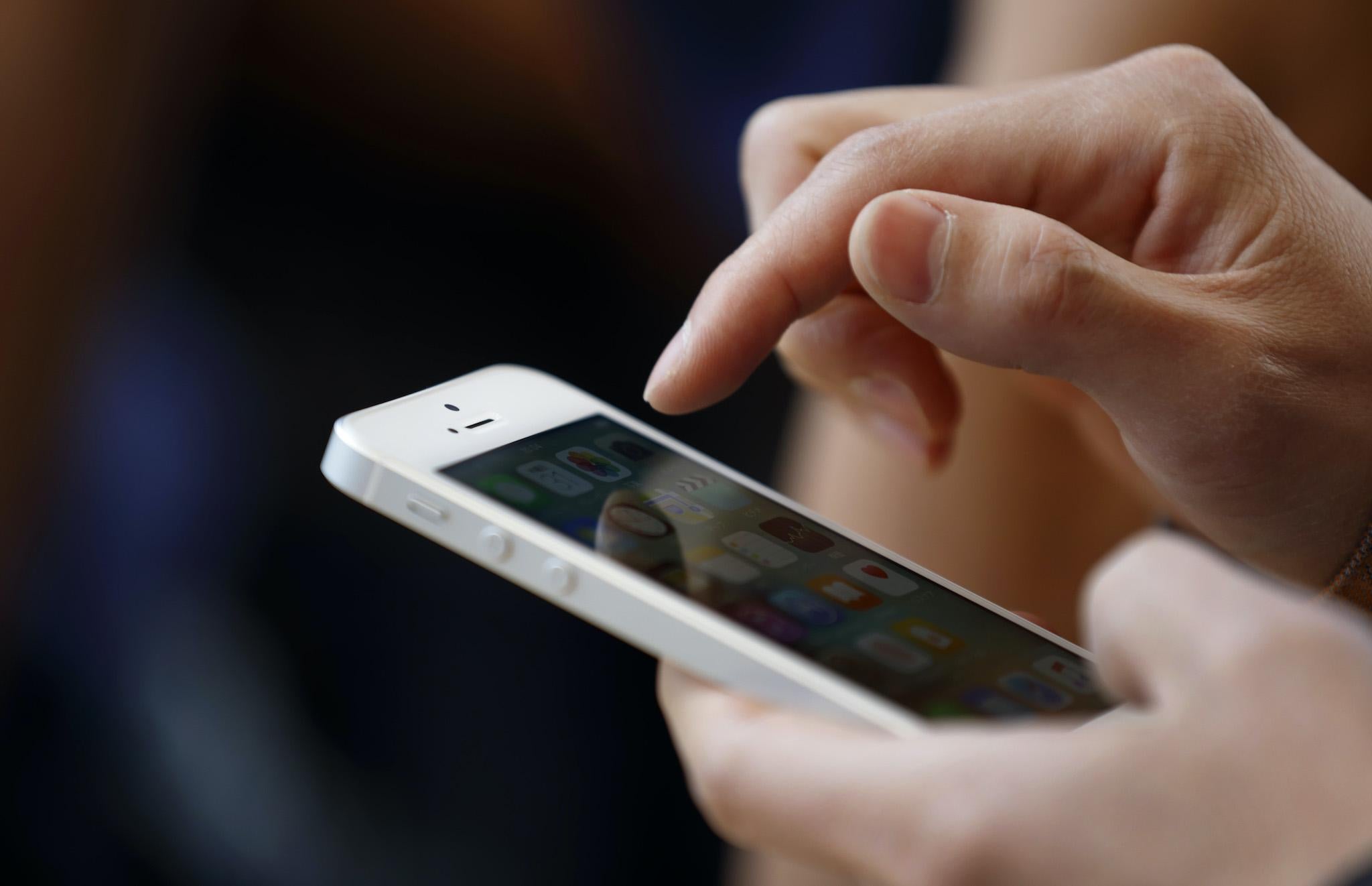Apple forces iPhone users to re-update old apps after unusual errors
Many popular applications, including Netflix, WhatsApp, Spotify, Twitter, and Amazon need to be updated due to an unknown issue

Your support helps us to tell the story
From reproductive rights to climate change to Big Tech, The Independent is on the ground when the story is developing. Whether it's investigating the financials of Elon Musk's pro-Trump PAC or producing our latest documentary, 'The A Word', which shines a light on the American women fighting for reproductive rights, we know how important it is to parse out the facts from the messaging.
At such a critical moment in US history, we need reporters on the ground. Your donation allows us to keep sending journalists to speak to both sides of the story.
The Independent is trusted by Americans across the entire political spectrum. And unlike many other quality news outlets, we choose not to lock Americans out of our reporting and analysis with paywalls. We believe quality journalism should be available to everyone, paid for by those who can afford it.
Your support makes all the difference.Apple’s iPhones and iPads are seeing unexpected updates, with users being prompted to re-install app updates that were already downloaded.
Many popular applications, including Netflix, WhatsApp, Spotify, Twitter, Amazon, and software from Google needed to be updated. Some updates are only a few days old, while The Independent has seen others that date as far back as 6 May.
The number, and types, of apps affected will depend on users’ personal use – such as how often they update their own applications.
The reason for the updates are currently unknown. It is possible that the issue is caused by an expired certificate, meaning that Apple would need to reissue updates.
Apple is yet to publicly explain the unusual updates. The Independent has reached out to the company for comment.
MacRumours suggested that it could be linked to another, older issue. Many users received an error when trying to use popular applications stating that: "This app is no longer shared with you. To use it, you must buy it from the App Store."
These applications could not be opened unless they were deleted and then reinstalled, or offloaded.
Offloading applications, which saves content and data on your phone unlike reinstalling, can be done by going to an iPhone or iPad’s storage setting under “General” in the Settings app, going to an application’s name, and hitting the “Offload App” button.
That issue was seemingly caused by apps running iOS 13 – both in iOS 13.5, the newest version of the company’s operating system, and the previous version, numbered iOS 13.4.1. That issue is also so far unexplained.
Join our commenting forum
Join thought-provoking conversations, follow other Independent readers and see their replies
Comments